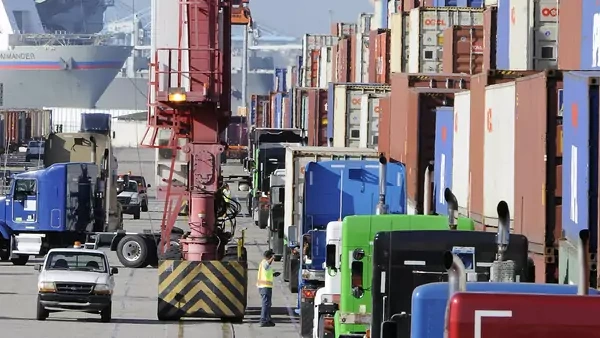A Winning Trade Policy for the United States

September 2016

- Report
Overview
The once-bipartisan consensus favoring agreements that reduce barriers to trade and investment has broken down, largely because of a decades-long failure of policy to facilitate the adjustment of those U.S. workers who have fared poorly in a more competitive global economy and to better tackle trading practices by some nations that have harmed some U.S. workers and firms. The United States needs to tackle these unfair practices while helping Americans who lose their jobs—whether due to trade competition, automation or changing consumer preferences—to find other opportunities. But pulling out of existing trade agreements or slapping across-the-board tariffs on imports—as some are now advocating—would do nothing to address these more fundamental challenges. Protectionism is a backward-looking strategy that will only drive companies and investment away from the United States and encourage other countries to retaliate in kind. Raising trade barriers will hurt Americans as consumers and harm workers in firms that benefit from trade and are among the most innovative and successful in the United States. Protectionism will erode the United States' edge as the world's most innovative economy and will not help workers displaced by technological change and shifting consumer preferences.
The United States needs trade and economic policies that are forward looking, that help competitive industries, firms, and workers by creating new opportunities in fast-growing foreign markets. It needs more prompt and effective enforcement of trade laws to stop some foreign competitors from stealing technology, subsidizing their industries, or deliberately suppressing currency values to gain an unfair advantage in global markets. Most overdue are new, comprehensive, and universal policies that equip workers with the education and skills they need throughout their working lives, and not just in their high school and college years, to secure rising incomes and greater opportunities for themselves and their children. Such a forward-looking agenda would prepare workers and citizens for the future and help rebuild confidence that U.S. trade policies will benefit more Americans and help to cushion the transition for those who are harmed.
Selected Figures From This Report
More on:

More on:
 Online Store
Online Store


